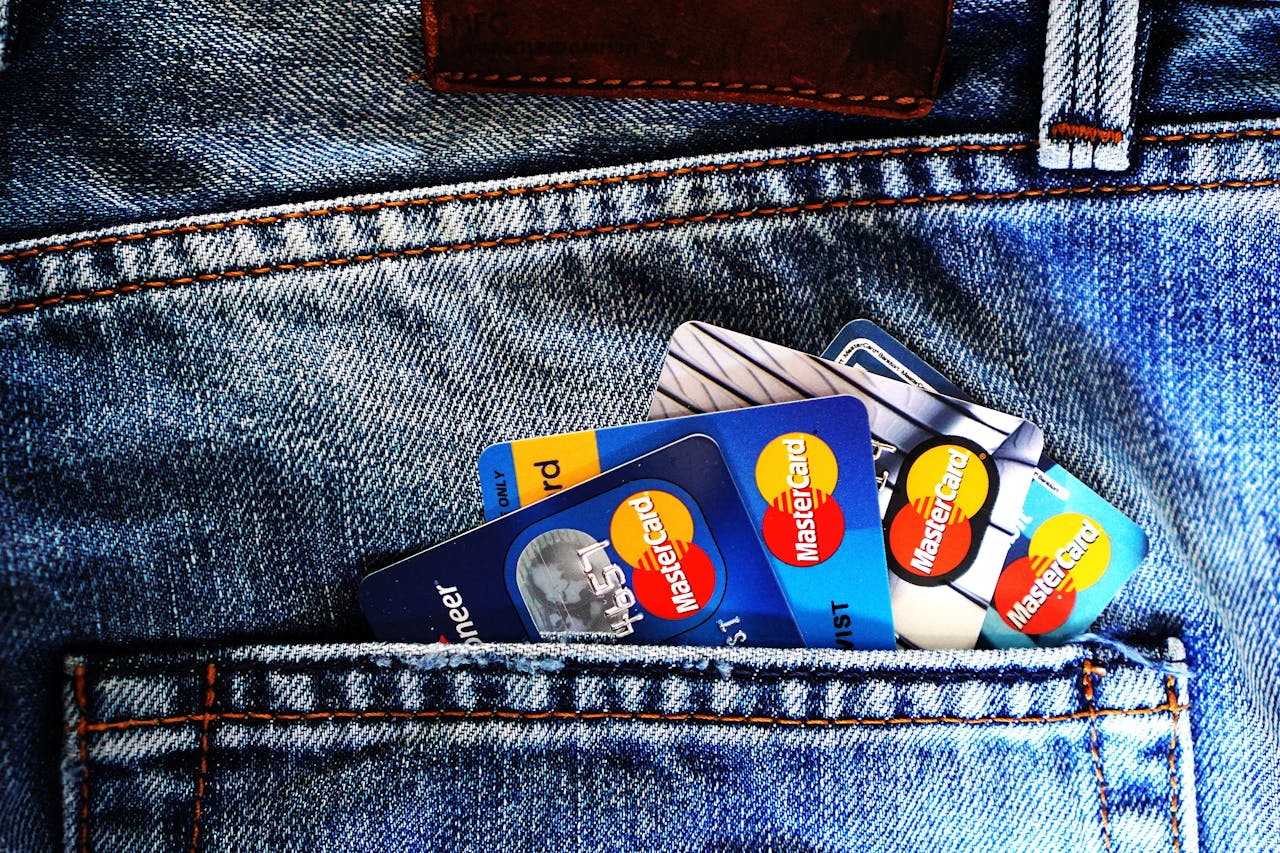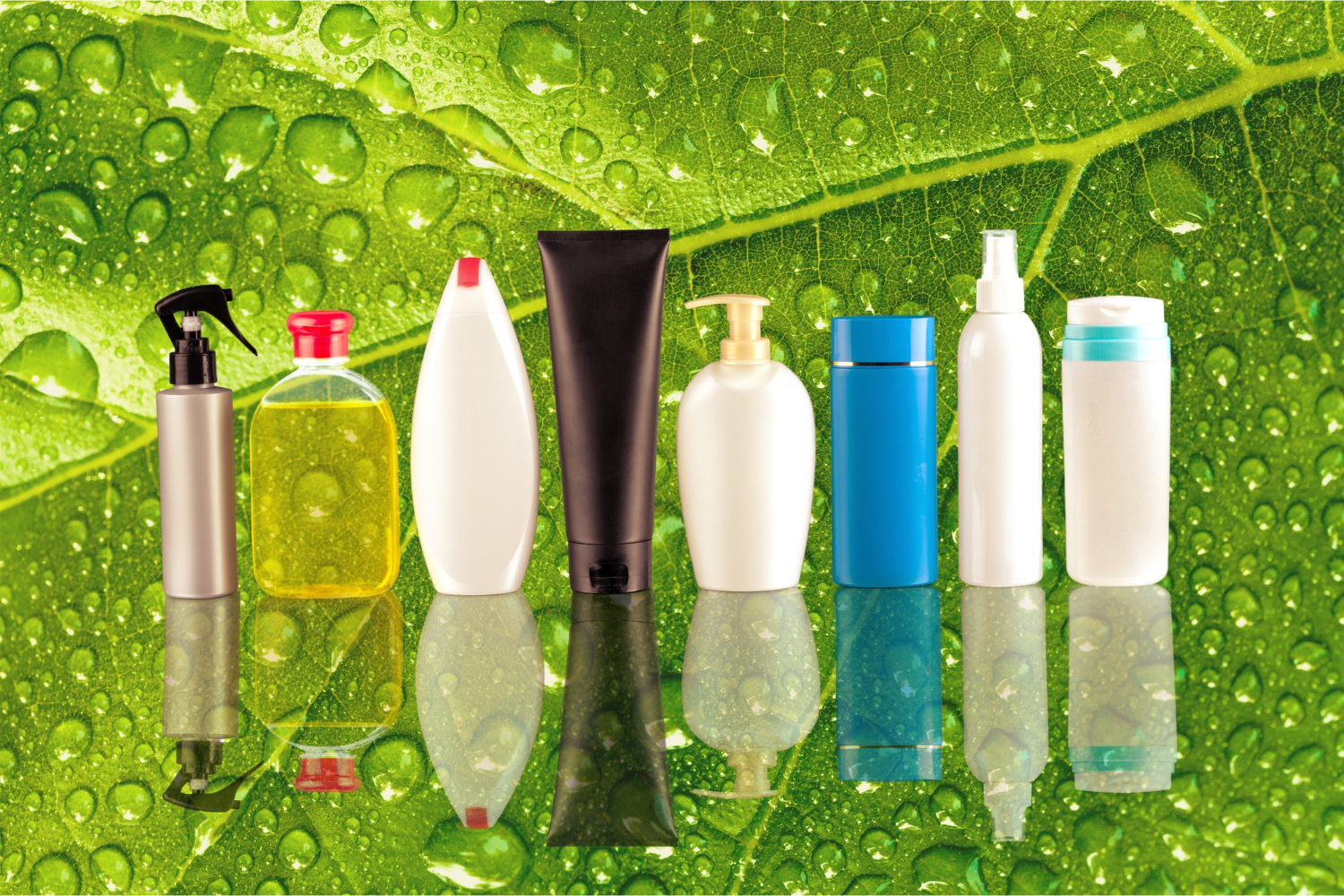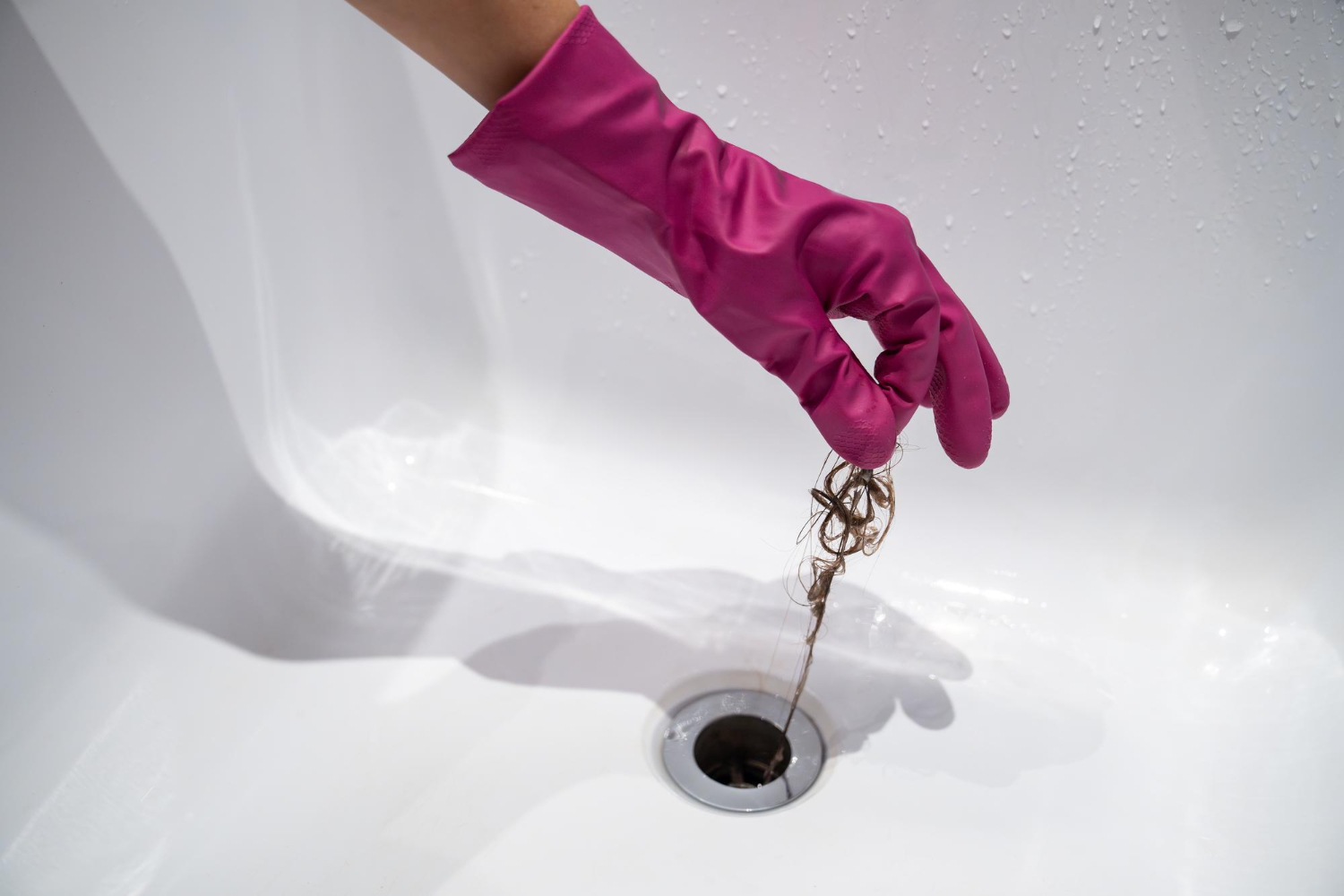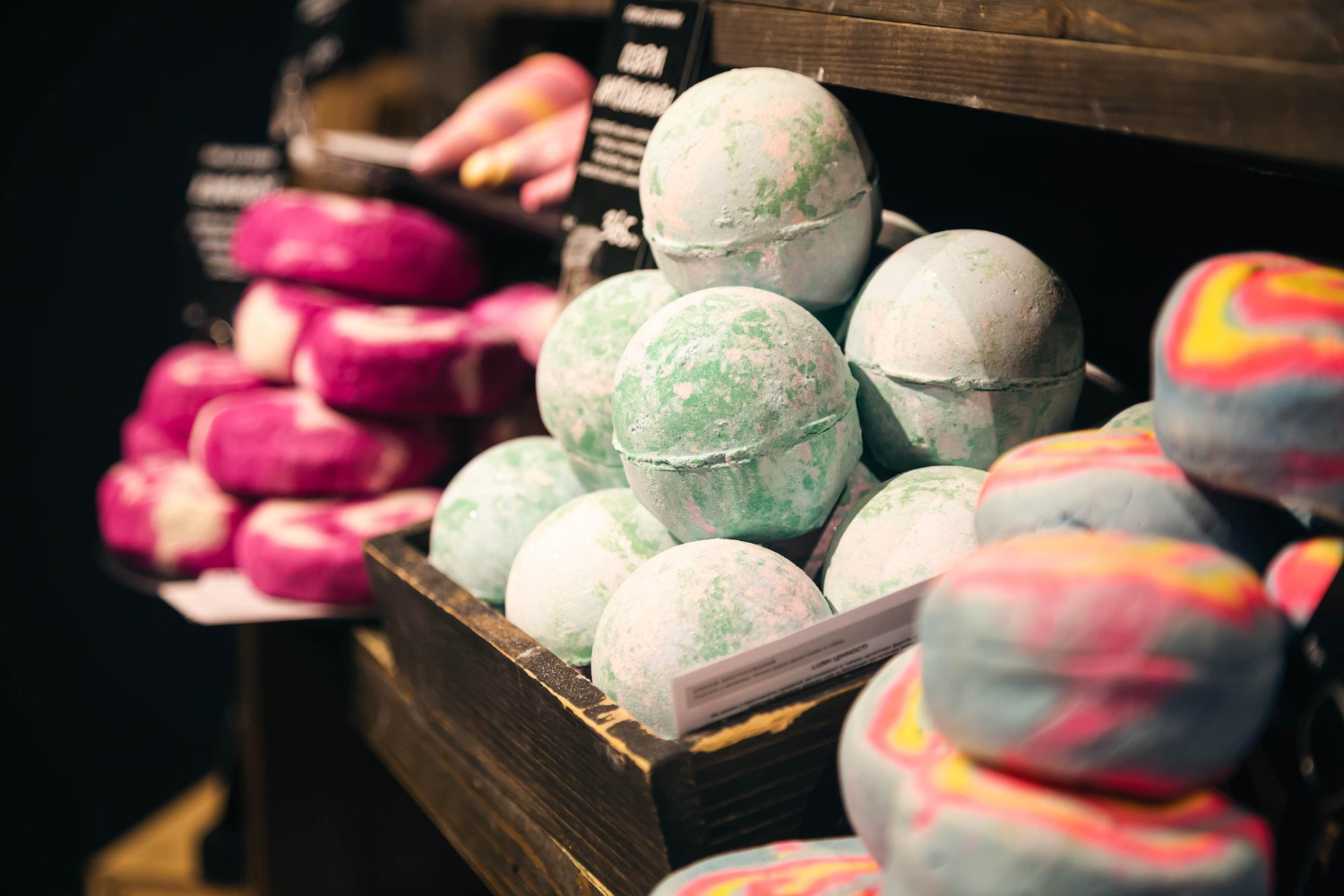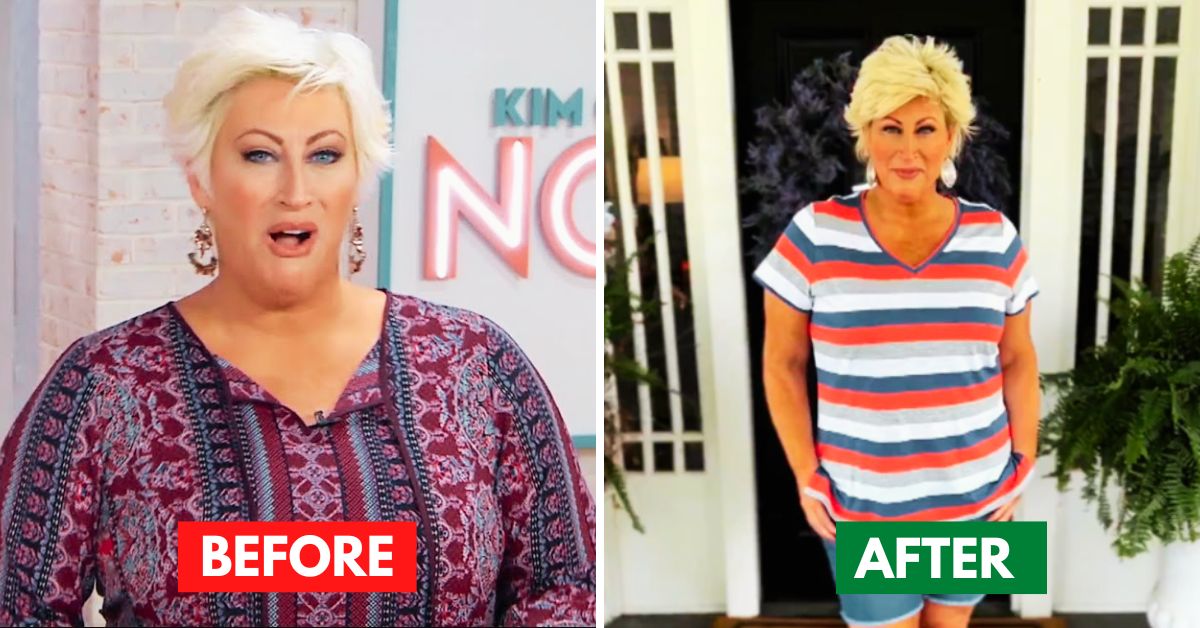Curious whether silicones in hair products can be washed out with your everyday shampoo? You’re not alone. Silicones are a hot topic in the hair care world, with debates surrounding their use, benefits, and potential downsides. Love them or loathe them, silicones are ubiquitous in hair care products like shampoos, conditioners, and serums.
This blog dives into what silicones are, why they’re so divisive, and most importantly, whether normal shampoos can remove them. Along the way, we’ll unveil the best hair care practices for dealing with silicone buildup and preventing it in the first place.
What Are Silicones in Hair Care Products?
Defining Silicones
Silicones are synthetic polymers often included in hair care products for their smoothing, conditioning, and moisture-sealing properties. They coat your hair, forming a protective barrier that helps to lock in hydration and shine. Some of the most common silicones include:
- Dimethicone
- Cyclomethicone
- Amodimethicone
Products That Contain Silicones
You’ll find silicones in:
- Shampoos
- Conditioners
- Leave-in treatments
- Serums
- Heat protectants
The Benefits of Silicones
Silicones can be your hair’s best friend when used correctly. Here’s what they do best:
- Add Shine & Smoothness: Silicones coat the hair cuticle, making your locks look polished and healthy.
- Protect from Heat Damage: The silicone layer acts as a protective shield against heat when using styling tools.
- Reduce Frizz: They repel humidity, making them ideal for taming frizzy or coarse hair.
- Aid Moisture Retention: By sealing the hair shaft, silicones help maintain hydration.
The Downsides of Silicones
While silicones have undeniable advantages, their drawbacks can’t be ignored:
- Buildup: Non-water-soluble silicones can accumulate over time, creating a heavy, greasy feel.
- Impeded Absorption: They can form a barrier that blocks other moisturizers or treatments from penetrating the hair.
- Removal Challenges: Some silicones are stubborn and require more than just gentle washing to get rid of completely.
Can Silicones Be Washed Out with Normal Shampoo?
Yes, silicones can be removed with normal shampoo, but it depends on the type of silicone and the shampoo’s formulation. Here’s how it works:
Water-Soluble vs. Non-Water-Soluble Silicones
- Water-Soluble Silicones (e.g., dimethicone copolyol): These dissolve in water and are easy to wash out with any regular shampoo.
- Non-Water-Soluble Silicones (e.g., dimethicone): These require stronger cleansing agents, like sulfates, to remove completely.
The Role of Surfactants
Shampoos contain surfactants—ingredients that lift dirt and oil away from the hair and scalp. For silicones:
- Mild surfactants (like cocamidopropyl betaine): Effective for water-soluble silicones.
- Strong surfactants (like sulfates): Needed for non-water-soluble silicones.
Sulfate Shampoos vs. Sulfate-Free Shampoos
- Sulfate Shampoos (e.g., SLS, SLES): These are effective at breaking down stubborn silicone residues, but they may strip your hair of its natural oils, causing dryness.
- Sulfate-Free Shampoos: Suitable for gentle cleansing but may struggle with non-water-soluble silicones.
If you’re sticking to sulfate-free options, you may notice buildup over time if your routine includes products with non-water-soluble silicones.
How to Effectively Remove Silicone Buildup
1. Use a Clarifying Shampoo
Clarifying shampoos are your best bet when it comes to removing heavy silicone buildup. Designed with stronger cleansing agents, they thoroughly clean the hair and scalp.
- How Often to Use: Limit use to once or twice a month to prevent over-stripping natural oils.
- Recommendations:
- Neutrogena Anti-Residue Shampoo
- Moroccanoil Clarifying Shampoo
2. Role of Sulfates in Silicone Removal
Sulfates like SLS (sodium lauryl sulfate) or SLES (sodium laureth sulfate) are excellent for dissolving stubborn silicones. However, they can leave your hair feeling dry, so use them sparingly and follow up with a hydrating conditioner.
3. Alternatives to Sulfates
If sulfates are too harsh for your hair:
- Mild Surfactants (like cocamidopropyl betaine): These offer a gentler approach.
- Recommended Shampoos:
- Briogeo Be Gentle, Be Kind Shampoo
- Shea Moisture Coconut & Hibiscus Shampoo
For ultra-sensitive hair or scalp, focus on sulfate-free shampoos combined with periodic clarifying treatments.
Precautions When Removing Silicones
1. Avoid Over-Cleansing
Excessive washing, especially with harsh shampoos, can strip your hair of natural oils, leading to dryness and breakage. Stick to a balanced cleansing routine.
2. Use Conditioner Strategically
Consider co-washing—using conditioner instead of shampoo for some washes—to maintain moisture. Just make sure your conditioner is silicone-free to avoid adding to the buildup.
3. Adjust Based on Hair Type
Different hair types, such as fine or curly, may require slight adjustments in cleansing routines. Fine hair often needs lighter cleansing, while curly hair benefits from moisture-retaining methods.
How Long Does It Take to Wash Out Silicones?
The time required to fully cleanse your hair of silicones depends on factors like:
- Your Hair Texture: Fine hair tends to retain less buildup than coarse or curly hair.
- Buildup Levels: Long-term silicone users may need repeated clarifying sessions.
- Frequency of Use: Products used heavily and regularly take longer to cleanse.
On average, using a clarifying shampoo every two weeks should show noticeable results in a month.
Preventing Silicone Buildup
Spotting Silicones on Labels
Check ingredient lists for terms ending in “-cone”, “-conol”, or “-siloxane” to identify silicones in your products.
Go Silicone-Free
Consider switching to silicone-free hair products when possible. Brands like Shea Moisture and Briogeo offer effective, hydrating options without silicones.
Balance Silicone & Silicone-Free Products
If you love the benefits of silicones, balance your routine with occasional clarifying shampoos to avoid overwhelming buildup.
Finding the Balance Between Shine and Clean
Silicones aren’t all bad—they can transform dull, frizzy hair into a sleek, stunning mane. However, managing and removing buildup is crucial for maintaining the overall health and appearance of your hair.
Need help choosing silicone-free products or clarifying shampoos? Share your experiences or questions in the comments below. A balanced approach to hair care will have you enjoying the benefits of silicones without the drawacks.
FAQs
Does shampoo wash out silicone?
Yes, regular shampoos can remove water-soluble silicones. For non-water-soluble ones, sulfates or clarifying shampoos are necessary.
How long does it take to remove silicone buildup?
Typically, noticeable results begin in about a month with proper clarifying or deep cleansing routines.
How do I prevent silicone buildup?
Switch to silicone-free products or use clarifying shampoos periodically to manage buildup.
Are silicones bad for hair?
Not inherently; they offer great benefits like shine and heat protection. Issues arise from excessive buildup or incompatible routines.
